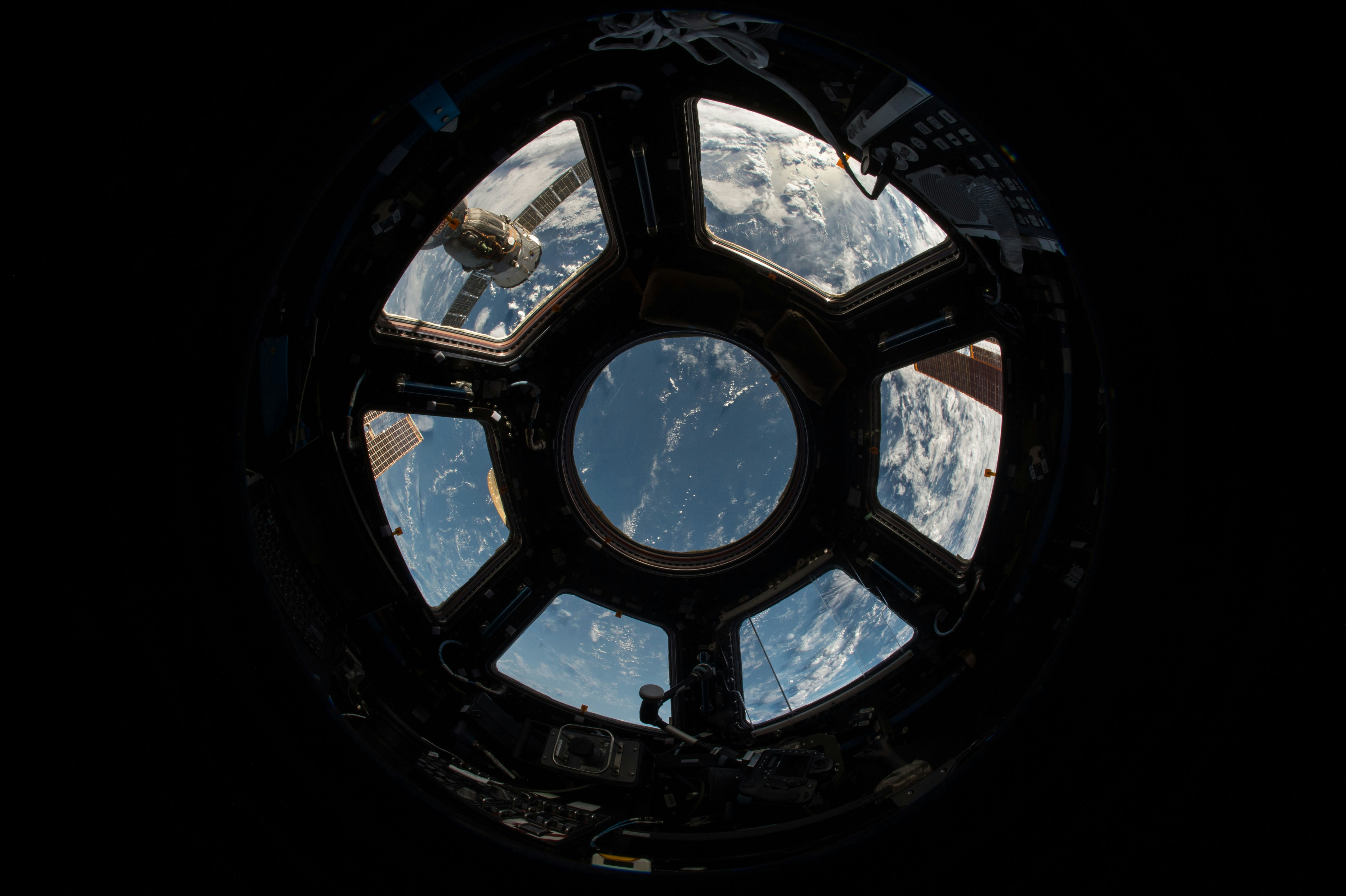Aircraft Nacelle System Integration Engineer - China.
Our Aerospace client based in Shanghai, China, are looking to appoint a Nacelle Systems Integration Design Engineer to be engaged on their Civil Aero Engines in Shanghai.
This will be a long term role. Fixed term contracts will be offered to the successful candidate. If you are interested to live and work in Asia, this opportunity will allow that to happen with plenty of time to explore this region, its culture and customs.
Job Description:
The Nacelle System Integration Engineer will be responsible for the full lifecycle of nacelle system design, verification, and integration. The role covers structural design, thrust reverser systems, accessory integration, system verification, and long-term development of nacelle system technologies.
Key Responsibilities:
Evaluate and analyze reliability, safety, maintainability, and test performance of the nacelle system.
Lead thrust reverser actuation system design and verification, including electric/hydraulic drive systems and control interfaces.
Manage nacelle accessory design: define requirements, develop engineering solutions, oversee certification and airworthiness compliance.
Handle system requirements management, verification plans, test documentation, and issue resolution.
Oversee nacelle structural design including installation interfaces, weight decomposition, and integration with aircraft systems.
Support structural validation of nacelle EBU, and cooperate with final assembly and commissioning.
Lead test planning, component trials, and production validation.
Develop mid- and long-term strategies for nacelle integration and system architecture evolution.
Create and maintain design standards, analysis processes, and best practices for nacelle systems and accessories.
Summarize technical findings, prepare training materials, and contribute to internal and external academic and industry exchanges.Qualifications:
Master’s degree preferred (Bachelor’s considered for exceptional candidates) in:
Aero engine design, mechanical design and manufacturing, aircraft engineering, or mechatronics.
Strong technical foundation in aero engine systems, including:
System integration, performance analysis, engine structure and dynamics, airworthiness, accessory development.
Proficient in 3D modelling and simulation tools: CATIA, UG, PRO/E, Ansys, HyperMesh, Nastran, Patran, etc.
Familiarity with MATLAB/Simulink for control system simulations is a plus.
Excellent communication, coordination, and documentation skills.
Experience summarizing technical findings and contributing to research, papers, or standards development.
Prior experience in aviation R&D institutes or engine manufacturing / maintenance units is highly desirable.
Background in system engineering, configuration management, quality, or manufacturing is a bonus.Preferred Background:
Candidates with experience at aerospace leaders such as renowned Aero Engine companies.
Must have industry background in aero engine system design, nacelle integration, accessory verification, and performance analysisCandidates who are willing to live and work in Shanghai, China for 1 -3 years initial contract are invited to apply


